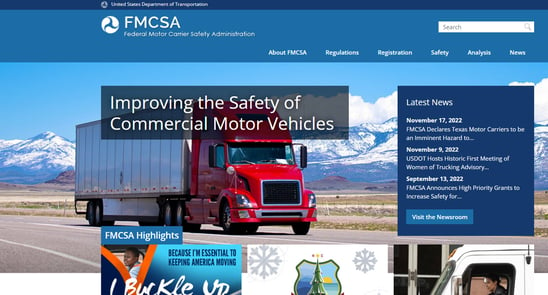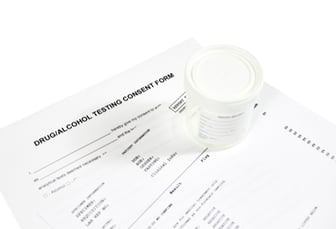FMCSA Clearinghouse Turns 3 in January. What's Changing?
On January 6, 2020, the Federal Motor Carrier Safety Administration (FMCSA) instituted a “clearinghouse”, or online database where information about commercial driver’s license (CDL) holder’s drug and alcohol violations are maintained. (For a refresher on the Cleaninghouse, go here: FMCSA Clearinghouse )
Despite having a secure online repository providing real-time information about CDL holder’s drug and alcohol violations, potential new employers have still been required to perform inquiries to all DOT regulated former employers where the prospective employee performed a safety sensitive function within the previous three years. Soon this will no longer be the case.
Effective January 6, 2023, the Clearinghouse will turn three years old. This means that for the first time ever, there will finally be three years of information contained in the Clearinghouse, so prospective employers will no longer be required to perform the drug and alcohol portion of the previous employer inquiry. Great news, right? Not so much. Unfortunately, while the Clearinghouse will satisfy the drug and alcohol portion of employment verifications required by 49 CFR §391.23(e), prospective employers will still be required to satisfy the requirements of 49 CFR §391.23(d) pertaining to accident information.
So what does this mean? As an employer of a new CDL driver, you will still be required to perform the previous employer inquiry to any employer the driver worked for as a CDL driver in the past three years. You won’t HAVE to inquire about their drug and alcohol history, but you will have to ask about any DOT recordable crashes they were involved in. Similarly, as a previous employer of a driver who may have left to seek employment elsewhere, you will no longer be required to provide information about the former employee’s drug and alcohol history, but you will still be required to provide answers about their recordable accident history.
While nothing prevents former or prospective employers from continuing to ask for, or continuing to provide drug and alcohol information, the only real change is that this information will no longer be required. Inquiries will still need to be made, and responses will still need to be given. The only change is to exactly what is required to be asked for, and what is required to be provided.
IFor more information on the clearinghouse and specific requirements, check their site here: https://clearinghouse.fmcsa.dot.gov/


